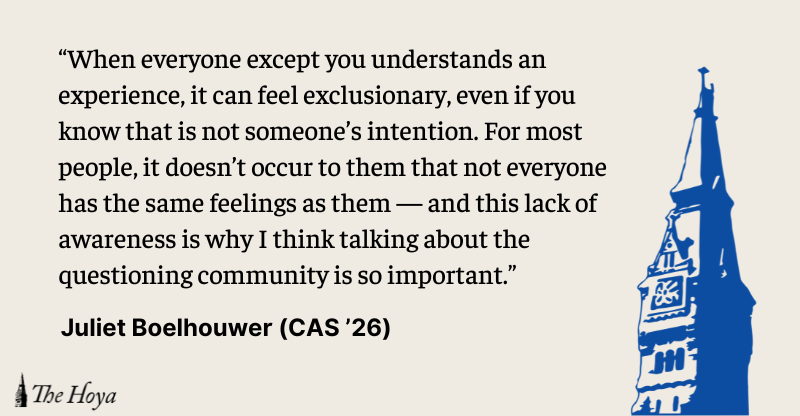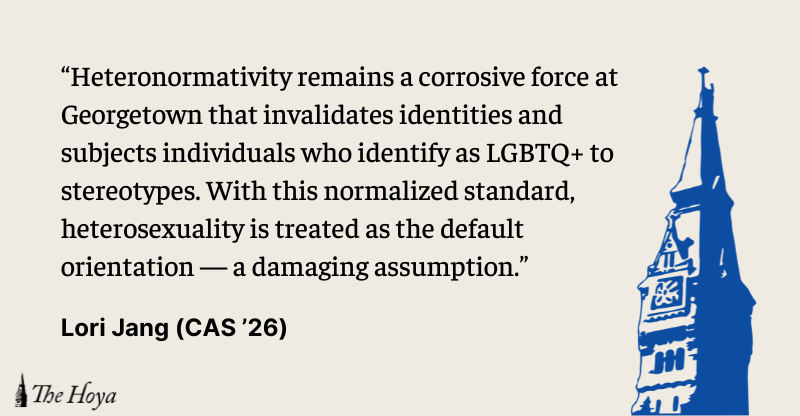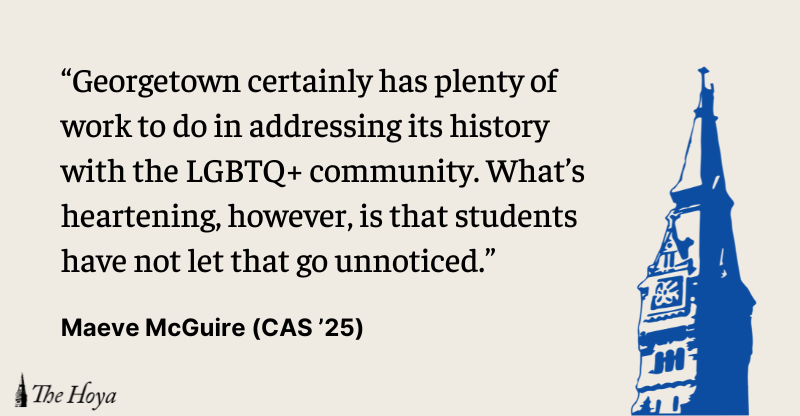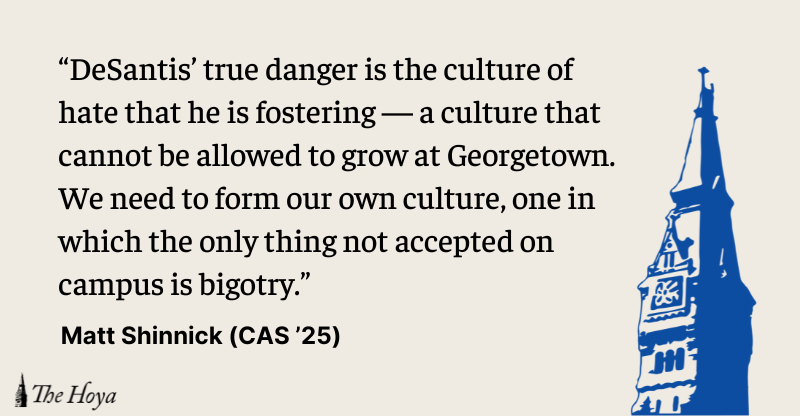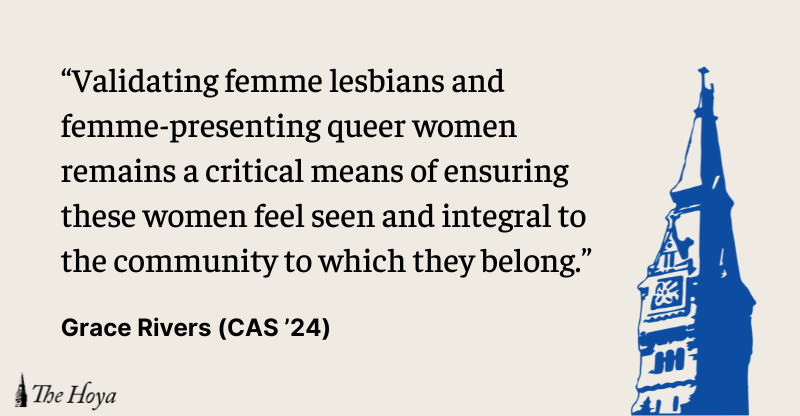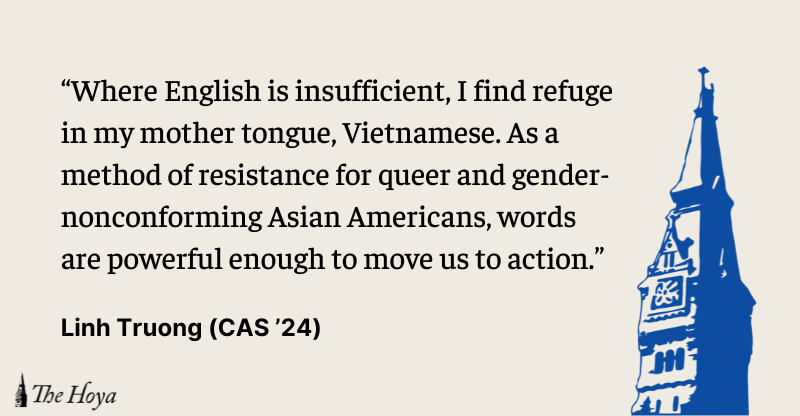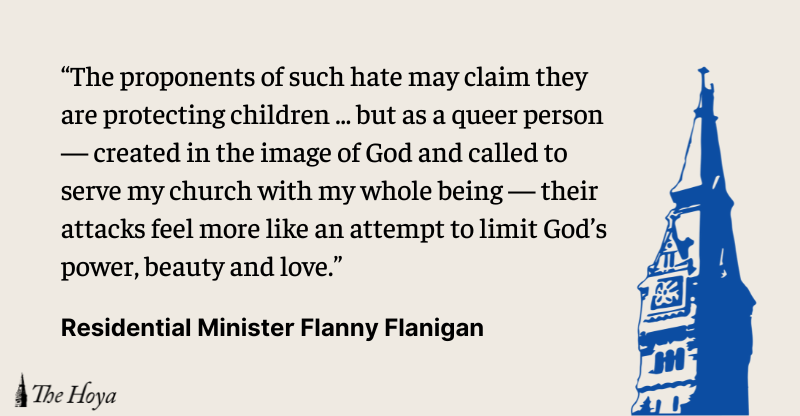I fall into the questioning part of the LGBTQ+ community, which is an under-discussed portion of the queer experience. There is no one right way to navigate the queer experience, but more understanding of oneself or others always makes it easier.
My story of questioning my identity has no clear beginning. In eighth grade, I went on three dates with boys because they asked me, and I had nothing better to do. By the time I started high school, people were beginning to talk about romance and attraction.
My friends started to tell me who they thought was hot, what they found most attractive or how they really wanted a boyfriend. I never felt bad about it, but it was isolating not to know what they were talking about and not to be able to relate to or add anything to the conversation.
When everyone except you understands an experience, it can feel exclusionary, even if you know that is not someone’s intention. For most people, it doesn’t occur to them that not everyone has the same feelings as them — and this lack of awareness is why I think talking about the questioning community is so important.
I did not understand the idea of having a crush. I never felt attraction toward other people, and I couldn’t care less about someone’s arms, jawline or whatever else my friends found appealing. I never judged other people for their preferences — instead, I wondered what was wrong with me. I wondered why I was not like everyone else. I had never heard of the term asexual, and I did not realize there were other people like me.
Because I did not know of a label that fit, I chose the closest one I could find. For a while, I labeled myself as bisexual — someone who is attracted to both men and women — because I knew I felt the same about people regardless of gender. But it didn’t feel right. Even in the Gender Sexuality Alliance club at my school, I felt as if part of me was broken: they were still talking a lot about romance and attraction, which were all things I did not understand. No one judged me when I did not participate, but no one noticed my silence.
It took a while, but I eventually learned that I am not broken.
I still do not know what to call myself. When I try to, the closest label that comes to mind is asexual. Asexuality — or ace, as it is nicknamed — describes someone who feels very little or no sexual attraction. Many people think asexual people never want, or even are disgusted by, sex, but a lot of feelings toward attraction, sex and relationships can be encompassed by this term.
However, I am not sure if this feeling is temporary or just how I am. I have not learned more about myself in this area since the beginning of high school, and I have become comfortable with the fact that I do not need to have it figured out.
If I want, I can kiss someone or experiment with dating. But I have no desire to do any of that now, and I have grown to a point where I am comfortable with that.
I know labels can help people immensely by giving them a word to describe themselves — a word that confirms there are others like them. But labels do not always fit, and it is totally normal to go from one to another while you are figuring yourself out. It is also normal to settle in between labels or never have one. Your experience is valid even if your experience is defined by confusion, just like it was for me.
I have only been at Georgetown University since the fall. There are still conversations regarding attraction that I cannot contribute to, but that is part of who I am.
I wrote this piece in part to encourage everyone to support each other through whatever struggle or confusion they are facing. Mostly, I wrote this article for anyone who feels like me.
For anyone in the Georgetown community who is questioning, or simply feels as if the world does not have a place for them, you are not alone, and you never were.
Juliet Boelhouwer is a first-year in the College of Arts & Sciences


